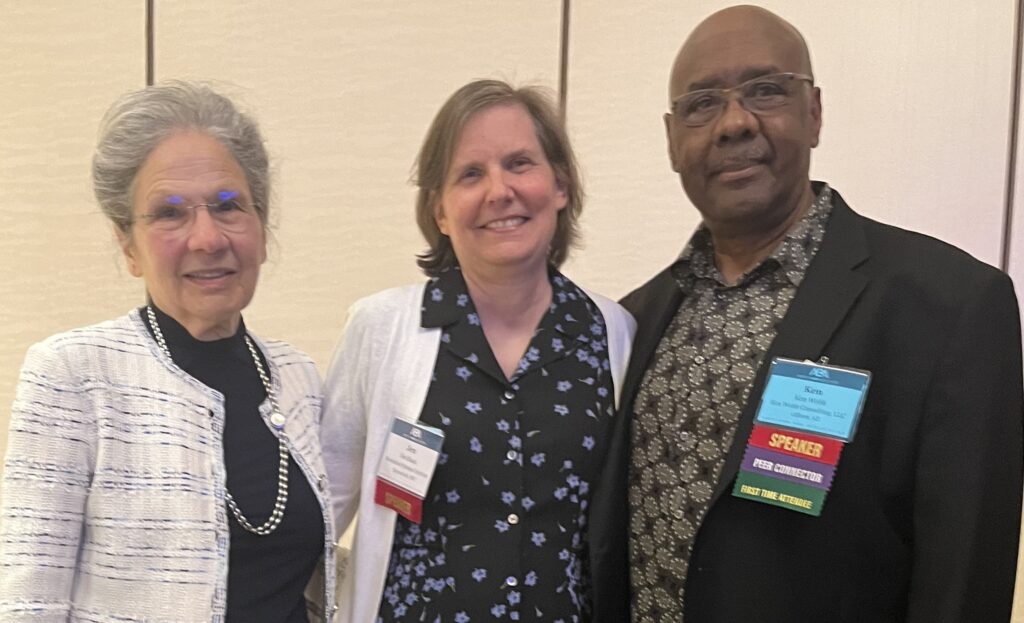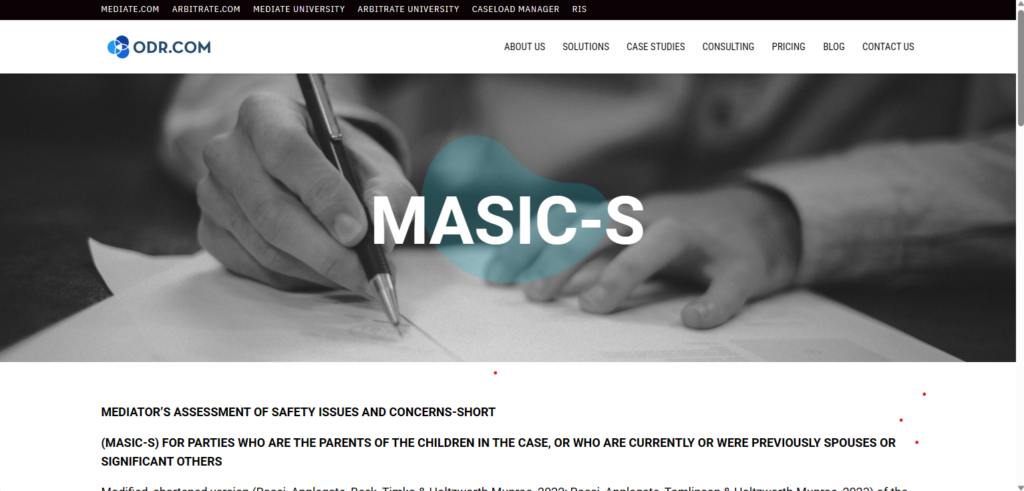Last year, RSI began the pilot phase of a research project to examine how mediator behaviors might affect parties’ trust during mediation. During this exploration phase, our research team has been observing small claims and eviction mediations and marking down mediators’ communication behaviors, in a process referred to as coding, for the Trust Project. We gathered pre- and post-mediation surveys from the parties, and we interviewed the mediators involved.

After coding 22 mediations and completing a thorough review of our piloted data collection instruments, RSI has successfully completed our pilot phase. We are excited to share that we will soon be expanding the project and are looking for mediation organizations and/or individual mediators who would like to partner with us.
Method Adapted for Mediation
The Trust Project is based on behavior analysis (BA), a research method that codes for particular communication behaviors and connects them to desired outcomes. This method has been used successfully in negotiations and sales. BA examines the particular behaviors used as well as the sequences of behaviors that occur, to determine their effects on specific desired outcomes. In this instance, RSI is interested in changes in trust between the parties and changes in trust in the mediator. We are also interested in mediation results and participant perceptions of the mediation and the other party.
Over the course of five years, Ava Abramowitz and Ken Webb worked to modify communication behaviors used in the contexts of negotiations and sales for use in mediation — with a lot of input from mediators and researchers. Ava is a former assistant U.S. attorney, longtime mediator and secretary of the Rackham Foundation. Ken is an expert in behavior analysis, coding and training negotiators to improve their practice. He trained RSI’s researchers in behavior analysis. Thanks to generous support from the Rackham Foundation, RSI has the opportunity to conduct this innovative research into the effects of mediator behaviors on party trust.
Watch Michael Lang’s 2021
In Their Voices interview with Ava Abramowitz and Ken Webb for more insight into the idea of applying behavioral analysis to mediation — the concept behind the Trust Project!
Mediator Partners Sought
For the next phase of the Trust Project, RSI will observe mediations of small claims, family and larger civil cases, both in person and online. We are looking for partners in this endeavor. Interested organizations and mediators would work with RSI to determine how to effectively recruit parties. Mediators will be asked to complete an initial survey about their background and approach to mediation, to facilitate observations of their mediations, and to complete a survey after each observed mediation. We will preserve confidentiality of the mediations, the mediators and the parties by removing any identifying information from the data.
If you are interested in participating in this impactful research, please contact RSI Director of Research Jennifer Shack at jshack@aboutrsi.org.




